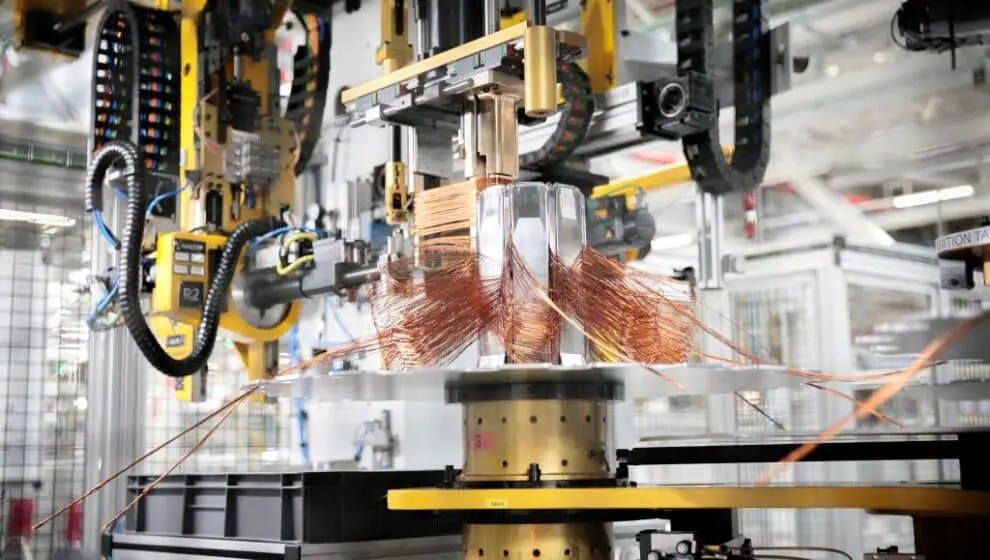Most electric vehicles (EV) sold in the U.S. would not qualify for the tax break meant to incentivize their purchase.
Last week, the U.S. Senate proposed a climate package that would extend a $7,500 tax credit for EV purchases until 2023. The legislation could be voted on by the Senate this weekend.
The bill would enhance the EV tax credit in some ways, including making vehicles produced by General Motors, Tesla, and Toyota Motor eligible for the subsidy, The Wall Street Journal reports.
The proposal would stiffen the requirements for an EV to qualify. Only vehicles built in the U.S. would be eligible. And any EVs with battery components made or processed in China would not be eligible for the credit.
Companies must meet high thresholds for sourcing crucial battery materials locally, such as lithium and nickel. Car makers say reaching these new battery requirements could take years. The majority of processing for major battery minerals—including lithium, nickel, and cobalt—is done in China, according to research firm Benchmark Mineral Intelligence.
More than half of all new car buyers have signaled that they would prefer to buy an EV over a gas-powered vehicle, however most EVs on the market today would not meet the standards to receive the credit, because they have too much battery content sourced outside of the U.S.
GM, Ford, and other companies have asked for a time extension to meet the new requirements in the legislation and to expand the list of countries battery materials can be sourced.
“We totally support the notion that we have to build supply chains within North America. But that won’t happen overnight,” says Alliance for Automotive Innovation John Bozzella.
